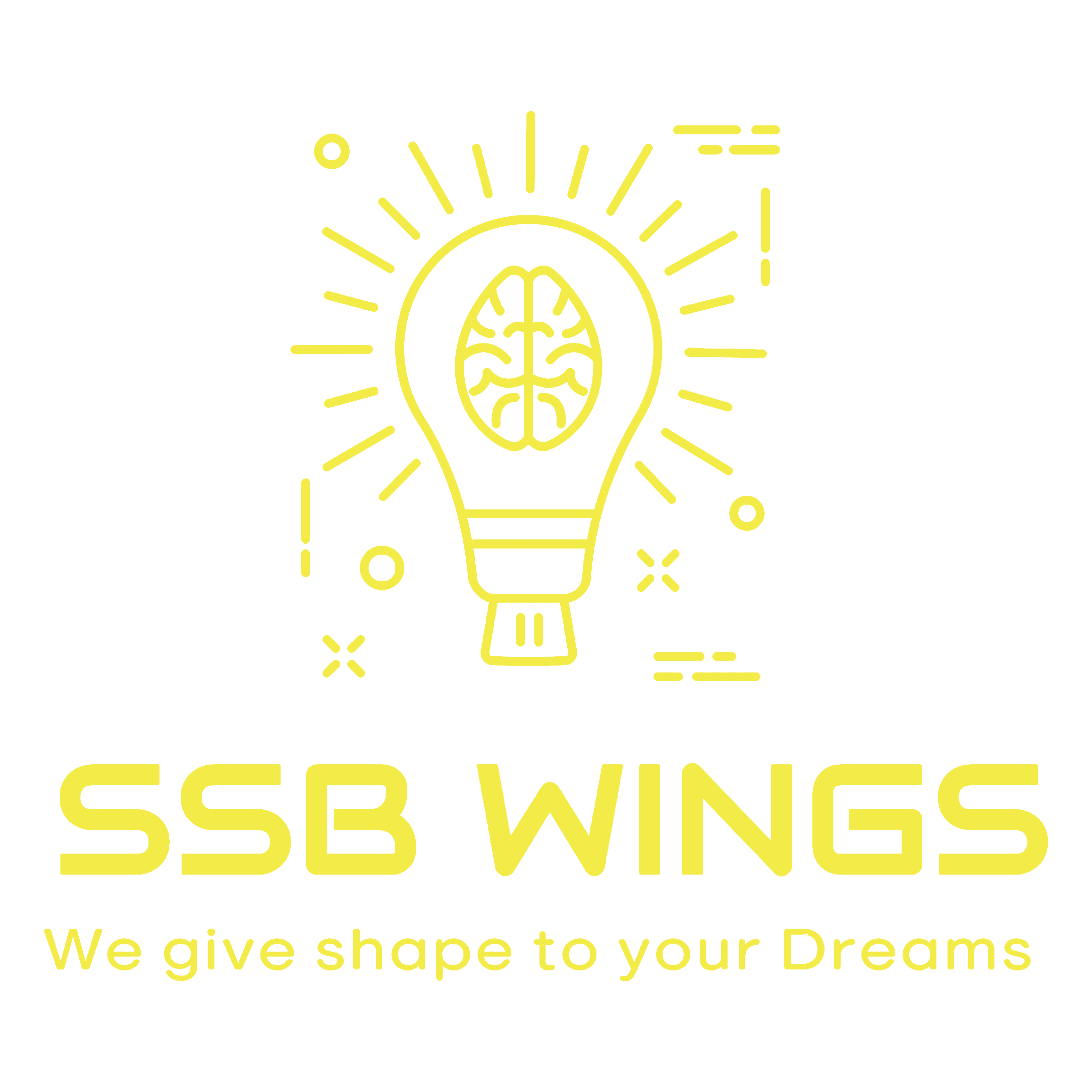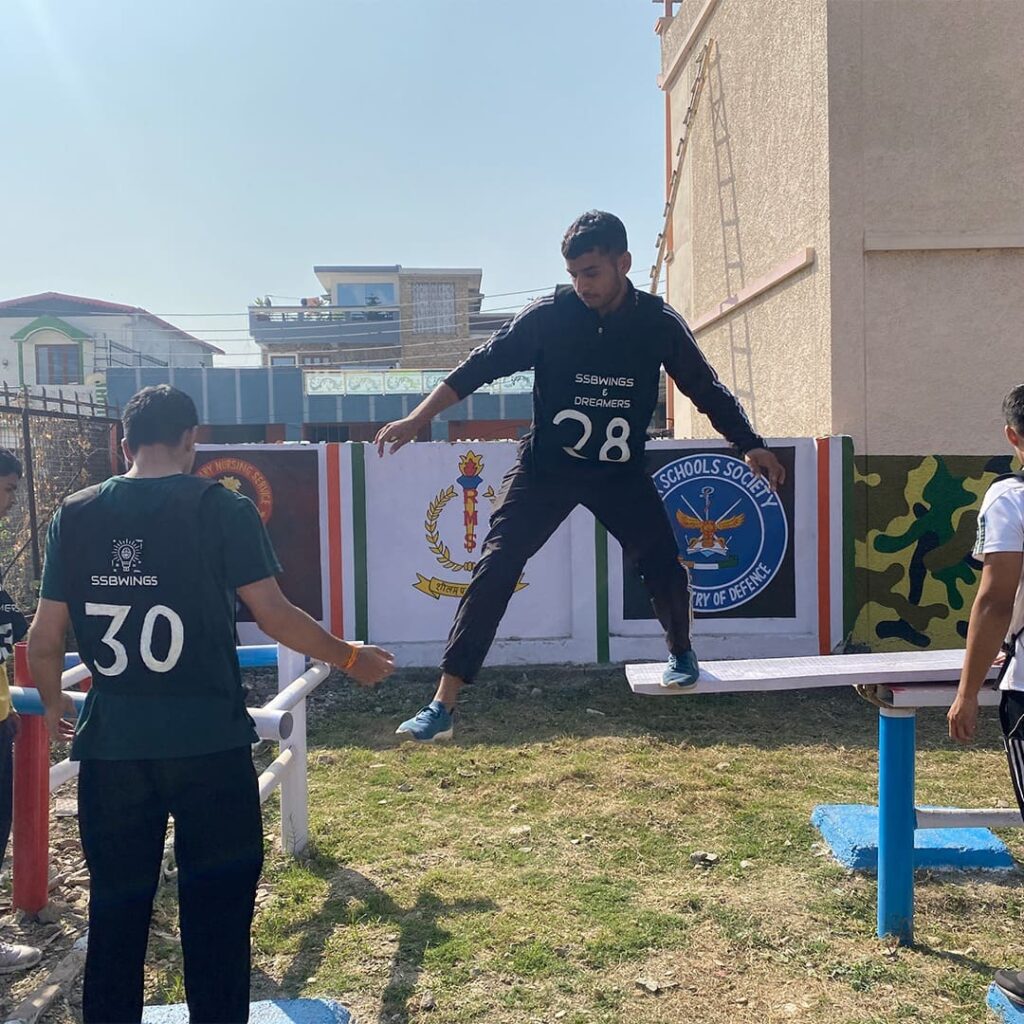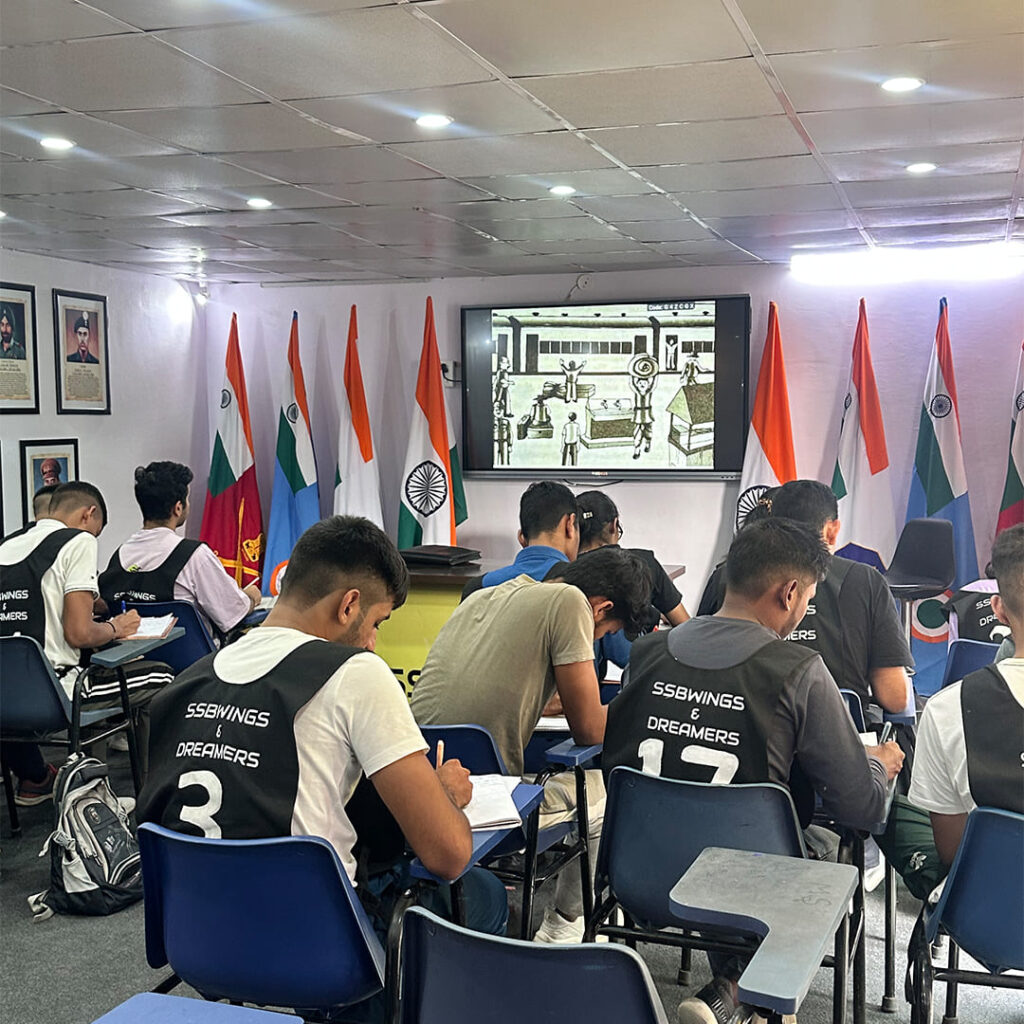Strategies for Success: Tips for SSB Interview Preparation
Preparing for the Service Selection Board (SSB) interview can be a daunting task for many candidates aspiring to join the armed forces. The SSB interview is a crucial step towards achieving that dream, as it assesses not only the candidate’s intellect but also their personality, leadership qualities, and suitability for a career in the armed forces. To help candidates navigate through this challenging process, here are some valuable tips and strategies for SSB interview preparation: 1. Understand the SSB Process: Familiarize yourself with the SSB interview process, including its various stages such as screening, psychological testing, group tasks, and personal interviews. Knowing what to expect at each stage will help you prepare more effectively. Link to YT Video: _____________________________________________________________ 2. Work on Communication Skills: Mastery of communication is pivotal for triumph in the SSB interview. Dedicate time to refining your ability to express yourself confidently and clearly. Focus on expanding your vocabulary, refining grammar, and mastering the nuances of effective verbal and non-verbal communication. 3. Develop Leadership Qualities: The armed forces look for candidates who display strong leadership potential. Engage in activities that help develop leadership skills such as teamwork, decision-making, and problem-solving. Take up responsibilities in school, college, or work settings to demonstrate your leadership abilities. 4. Practice Time Management: Time management is crucial during the SSB interview, as you will be given limited time to complete various tasks. Practice solving problems and completing tasks within time constraints to improve your efficiency and effectiveness. 5. Enhance General Knowledge: Stay updated with current affairs, national and international events, and relevant topics related to defence and security. Read newspapers, magazines, and online resources regularly to enhance your general knowledge and awareness. 6. Prepare for Psychological Tests: (Hyperlink to YT Video) Psychological tests are an integral part of the SSB interview process and are designed to assess your personality traits, cognitive abilities, and emotional intelligence. Practice sample psychometric tests to familiarize yourself with the format and types of questions. 7. Know Yourself and Be Yourself: Authenticity is key during the SSB interview. Be genuine to yourself and avoid trying to be someone you’re not. The assessors are trained to spot inconsistencies and will appreciate candidates who are sincere and authentic. 8. Stay Positive and Confident: Maintaining a positive attitude and confidence throughout the interview process is essential. Believe in yourself and your abilities and approach each task with enthusiasm and optimism. Even if you face setbacks or challenges, stay resilient and focused on your goals. 9. Seek Feedback and Guidance: Seek feedback from mentors, former SSB candidates, or professionals who have experience with the SSB interview process. Their insights and guidance can help you identify areas for improvement and refine your preparation strategy. Link to the Class registration: __________________________________________________________ 10. Practice Mock Interviews: Conduct mock interviews with friends, family members, or mentors to simulate the SSB interview experience. Practice responding to commonly asked questions and scenarios and seek constructive feedback to enhance your performance. Link to Mock Interview Schedule: _______________________________________________________ In conclusion, preparing for the SSB interview requires diligent effort, determination, and a strategic approach. By following these tips and strategies, candidates can increase their chances of success and fulfill their aspirations of serving in the armed forces. Remember to stay focused, stay true to yourself, and approach the interview process with confidence and positivity. Good luck!
Strategies for Success: Tips for SSB Interview Preparation Read More »


